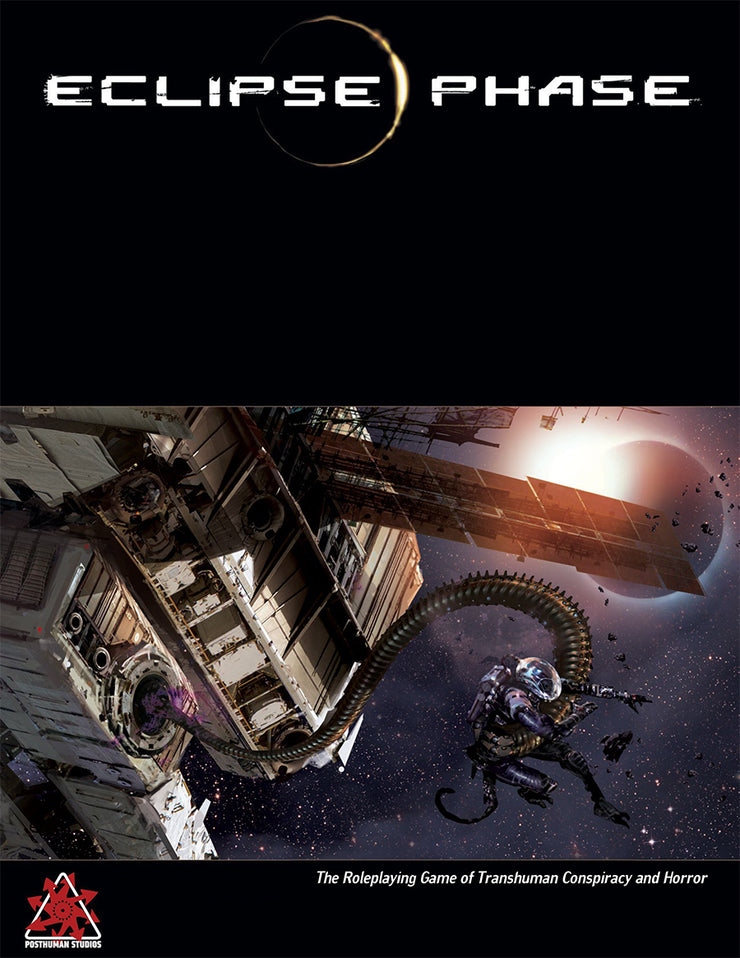Fallout Post-Apocalyptic; Dark; Resource Management; Exploration-Driven; Character Customization; Tactical Combat; Survival
The 'Fallout' tabletop roleplaying game, published by Modiphius Entertainment, plunges players into the iconic post-apocalyptic setting of the video game franchise. It uses a modified version of the 2d20 System, emphasizing exploration, resource management, and character customization within a dark and often unforgiving world. Players can embody various character types, from Vault Dwellers to Ghouls, and navigate a landscape fraught with mutated creatures and warring factions. The game aims to capture the essence of the 'Fallout' universe, blending tactical combat with narrative-driven adventures.
Theme and Setting
The 'Fallout' tabletop RPG is steeped in a post-apocalyptic atmosphere, drawing heavily from the aesthetics and lore established in the video game series. The setting is a retro-futuristic version of America, decades after a devastating nuclear war. Players explore the ruins of once-great cities, encounter mutated creatures, and contend with scarce resources. The game emphasizes a sense of desolation and desperation, where survival is a constant struggle. Despite the grim circumstances, there's also a dark humor and quirky charm that permeates the 'Fallout' universe, evident in the game's encounters and scenarios.
The game world includes iconic locations and factions, from the irradiated landscapes to the remnants of pre-war government and military organizations. The setting blends elements of darkness and hope, showcasing the resilience of humanity in the face of overwhelming odds. The game encourages exploration-driven narratives, where players uncover the secrets of the past and shape the future of the wasteland.
Core Mechanics and Rules
The game utilizes a modified version of Modiphius's 2d20 System. Characters have S.P.E.C.I.A.L. stats (Strength, Perception, Endurance, Charisma, Intelligence, Agility, Luck) familiar from the video games, which inform their skills. To perform an action, players roll two 20-sided dice and try to roll under the target number, which is determined by adding the relevant attribute and skill. Rolling multiple successes can generate Action Points (AP), which can be spent to perform additional actions or enhance existing ones.
Combat is tactical, with rules for range, cover, and various weapon types. Players manage resources like ammunition and health carefully, as scarcity is a constant threat. The game also includes rules for crafting, scavenging, and settlement building, reflecting the resource management aspects of the video game series. The game has an extensive catalogue of weapons, armor, chems and items, and characters from the 'Fallout' universe.
What Makes It Unique
Several elements contribute to the uniqueness of the 'Fallout' tabletop RPG. One key aspect is its faithful adaptation of the 'Fallout' universe, bringing the iconic locations, characters, and lore to the tabletop. The S.P.E.C.I.A.L. attribute system and perk system are directly drawn from the video games, which is a recognisable link for fans.
Another unique feature is the game's emphasis on character customization. Players have access to a wide range of character options, including Vault Dwellers, Ghouls, Super Mutants, and robots, each with their own unique abilities and backgrounds. The 2d20 system also provides a framework for narrative-driven adventures, where players' choices have meaningful consequences. The Fallout RPG allows players to create a settlements to represent their play group within the wasteland.
Target Audience and Player Experience
The 'Fallout' tabletop RPG is primarily aimed at fans of the video game series who want to experience the 'Fallout' universe in a more interactive and collaborative way. It also appeals to tabletop RPG players who enjoy post-apocalyptic settings, resource management, and tactical combat. The game's rules are designed to be accessible to both newcomers and experienced players, with a focus on storytelling and player agency.
The player experience is characterized by a blend of exploration, survival, and social interaction. Players navigate the wasteland, encounter various factions and characters, and make difficult choices that shape the world around them. The game encourages players to embrace the quirky and often absurd elements of the 'Fallout' universe, while also grappling with the serious themes of survival and morality.



